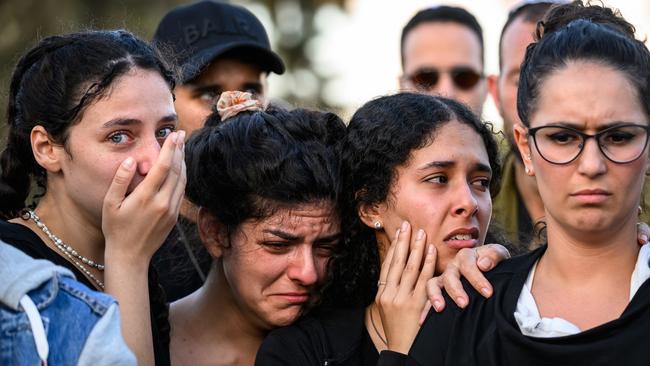
Known by the nickname “Chich”, the mayor’s response is still laughed about to this day: “It might take a scud 20 minutes to reach Tel Aviv but it will be at least two hours before it finds parking.”
Israelis have lived in a crucible of conflict since the birth of the state in 1948. It’s why they sip coffee in boulevard cafes and barely react when a Qassam rocket, fired from Gaza, is obliterated over their heads. For that reason, until last weekend, there wasn’t much that rattled Israeli society, certainly not the muffled, extremely satisfying thunder clap of the Iron Dome missile-defence system. Without question, that’s changed.
The roads are not empty, but they’re pandemic-reminiscent. The lights are off in all the best restaurants and cafes, with only a handful of burger joints providing comfort for the soul.
Waiters, chefs and counter staff, the backbone of the service industry, have been called in for reserve duty, meaning store owners – those who haven’t laced up their boots – are without personnel to run a business five days a week.
It’s not that the country has shut down – it hasn’t – but in Tel Aviv, there’s plenty of parking.
Drive through the country and the messaging is almost insistent. Councils have ordered rows of Israeli flags be placed on telegraph poles. They’re sticking out of cars, or draped on back windows. They’re snapping in the breeze on highway bridges or lit up on LED screens that would normally advise motorists of an enormous traffic jam.
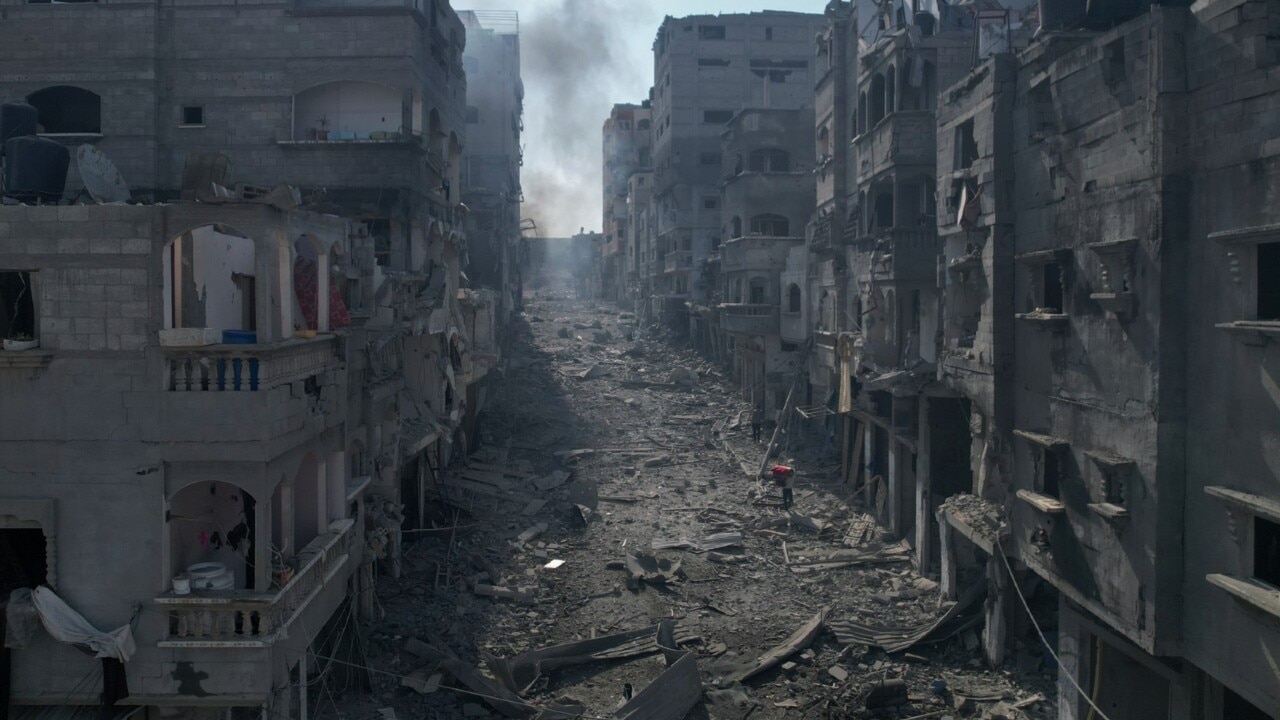
“Together we will win,” says a banner hanging off an overpass, but also on posters stuck to the sides of buildings. You know how serious the situation is when even parking rangers have been told not to hand out tickets.
If the real purpose of a terrorist attack is to engender a perception of fear and insecurity in a population, there’s a good argument that the objective’s been achieved, as it was in Sydney for a time after the Lindt Cafe siege of 2014, or in Paris after the Bataclan massacre.
The streets are empty because tourists have left on charter flights and military planes – even a cruise ship chartered by the US government – to speed them to safer climes of London and Larnaca. Anyone left seems to have moved in with family, or friends in the suburbs.
Young people have hauled arse to the Lebanese border, or to man tank battalions near Gaza, some not even waiting for the call. One guy did that last week, Captain Sagi Golan, who ran to Kibbutz Be’eri to fight off the terrorists. Due to marry his partner, they had chosen a wedding song by Ivri Lider, a famous singer here, who’s since performed it for the mourners at Golan’s funeral.
It might seem frivolous to mention but dating is on hold, too, and not just because bars are closed, but because there’s really not much to discuss apart from the war, or the friends who’ve been murdered, or who are still missing, because everyone knows someone affected in this tiny country, and hardly anyone’s in the mood for romance anyway.
But is it an economic retreat or just displacement, especially when so much social energy is being channelled into countrywide volunteer initiatives?
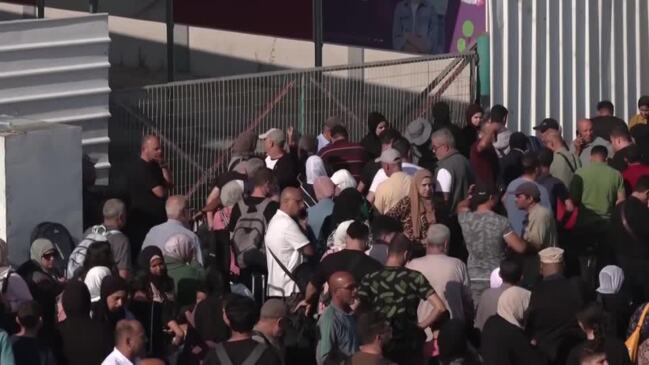
There are makeshift shelters for people fleeing the southern rockets, organisations created on WhatsApp to rehome families and billet them. An animal shelter using the military to rescue pets left in affected villages. Blood drives and donations, not just of food but of breast milk for babies who lost their mothers.
And all the while, an ambient level of anxiety, an awareness that the conflict isn’t confined to Gaza, that it risks expanding to a second front with Lebanon, or flaring into confrontations with the peaceable Arab villages within Israel’s borders.
People in Sydney screaming ‘apartheid’ seem to forget about those. No one’s talking about a war in the streets yet, of marauding gangs with machine guns. Not because it’s not possible, but because it’s their worst fear.
It’s why residents of some communities have been advised to get a gun, because this is the Middle East.
Life comes at you fast around here.
More Coverage
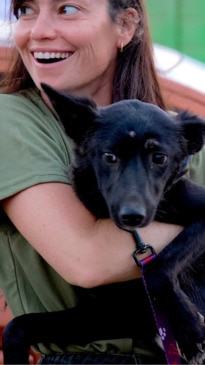



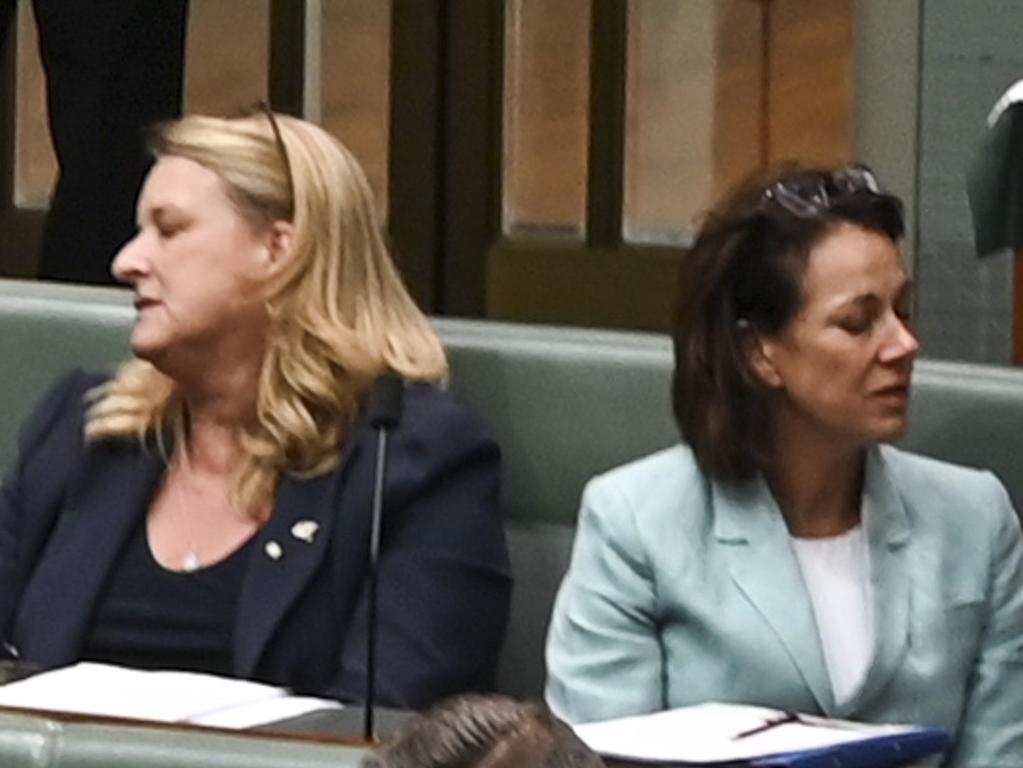
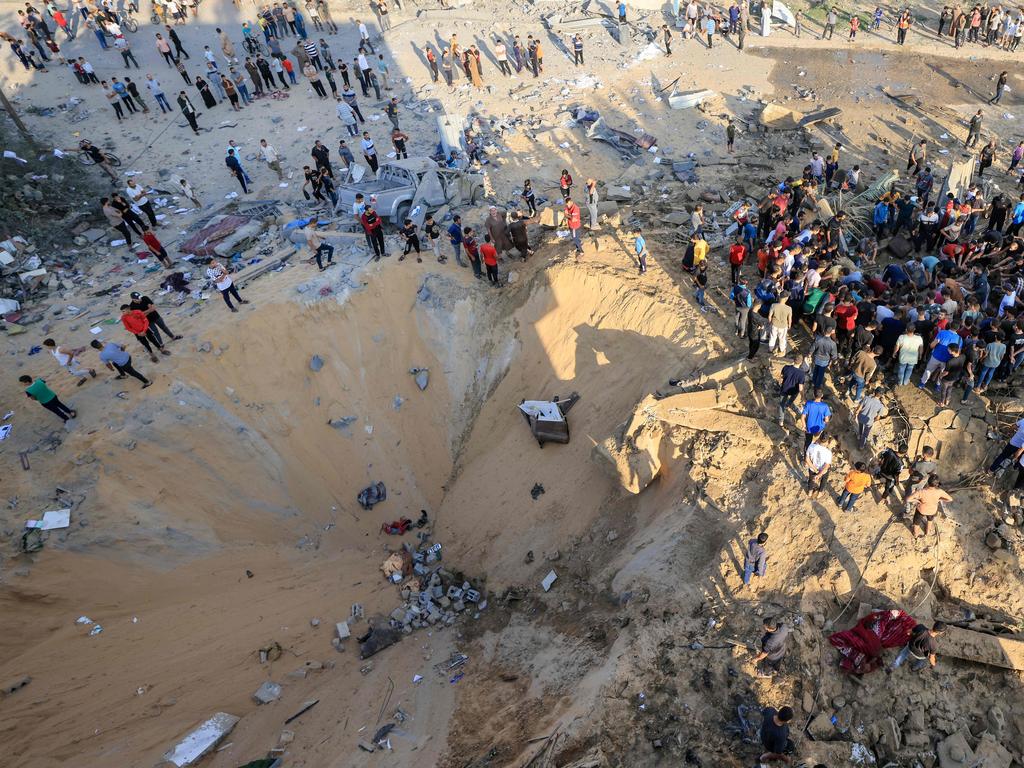
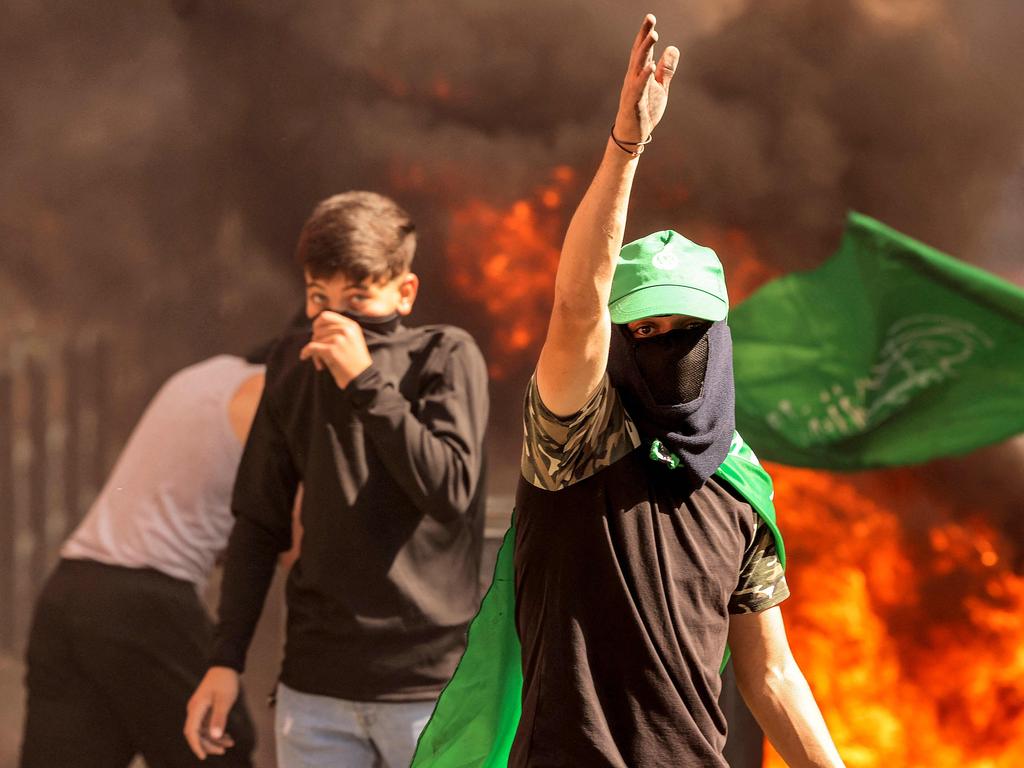


It’s impossible to get a parking spot in Tel Aviv; comically impossible, an absolute farce. During the first Gulf War, in 1991, when Iraq fired scud missiles at Tel Aviv, a reporter asked the mayor, Shlomo Lahat, whether he worried about the small amount of time needed for the rockets to reach the city.